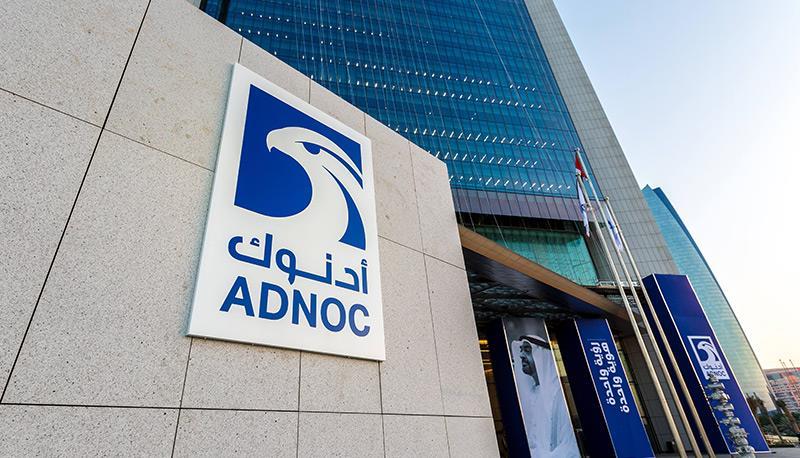
Adnoc has struck a deal to increase its stake in Fertiglobe, via a deal with OCI, for $3.62 billion.
The agreement will see Adnoc hold 86.2% in Fertiglobe. The remaining 13.8% will be free floating on the ADX. The company said it expected the deal to close in 2024.
OCI will sell its 50% plus one share in Fertiglobe, at a price of 3.2 dirham ($0.87) per share. The agreement includes earn-out mechanisms for 2024 and 2025, based on commodity pricing and free cash flow from Fertiglobe.
Adnoc has worked with OCI since 2018 on Fertiglobe, said Adnoc executive director for the downstream Khaled Salmeen.
Fertiglobe is now the “world’s largest seaborne exporter of ammonia and urea fertilisers. Today’s agreement reinforces Adnoc’s long-term commitment to Fertiglobe and our continued focus on delivering growth and maximising value for the company’s shareholders.”
The deal, Salmeen said, supported Adnoc’s plans to grow in the chemicals and “accelerates our plan to establish a global growth platform for ammonia and clean ammonia”.
Growth plans
OCI executive chairman Nassef Sawiris said the deal would see Fertiglobe find its “optimal long-term home”. Adnoc’s support will provide “significant value creation and exciting growth opportunities”.
OCI aims to continue working with Adnoc on growth projects outside the Middle East, he said. Adnoc and OCI have signed a memorandum of understanding (MoU) on potential ammonia imports into Europe and product distribution.
Sawiris went on to say he would be investing in Fertiglobe via his own private office, NNS Group. This, he said, demonstrates “deep conviction and continued belief in the material value creation that lies ahead for Fertiglobe under Adnoc’s stewardship”.
Fertiglobe shipped the first certified green ammonia in November. It produced green hydrogen in Egypt and will use the feedstock for “near-zero emissions synthetic soda ash – a key ingredient in laundry powder – for Unilever”.
Fertiglobe is working in Egypt with Scatec, Orascom Construction, the Egyptian Electricity Transmission Company and the Sovereign Fund of Egypt. The plan is to be able to produce 15,000 tonnes per year of green hydrogen, feeding into 90,000 tpy of ammonia at the Suez Canal.
The company is also involved in the Ta’ziz 1 million tpy low-carbon ammonia project.
Recommended for you

